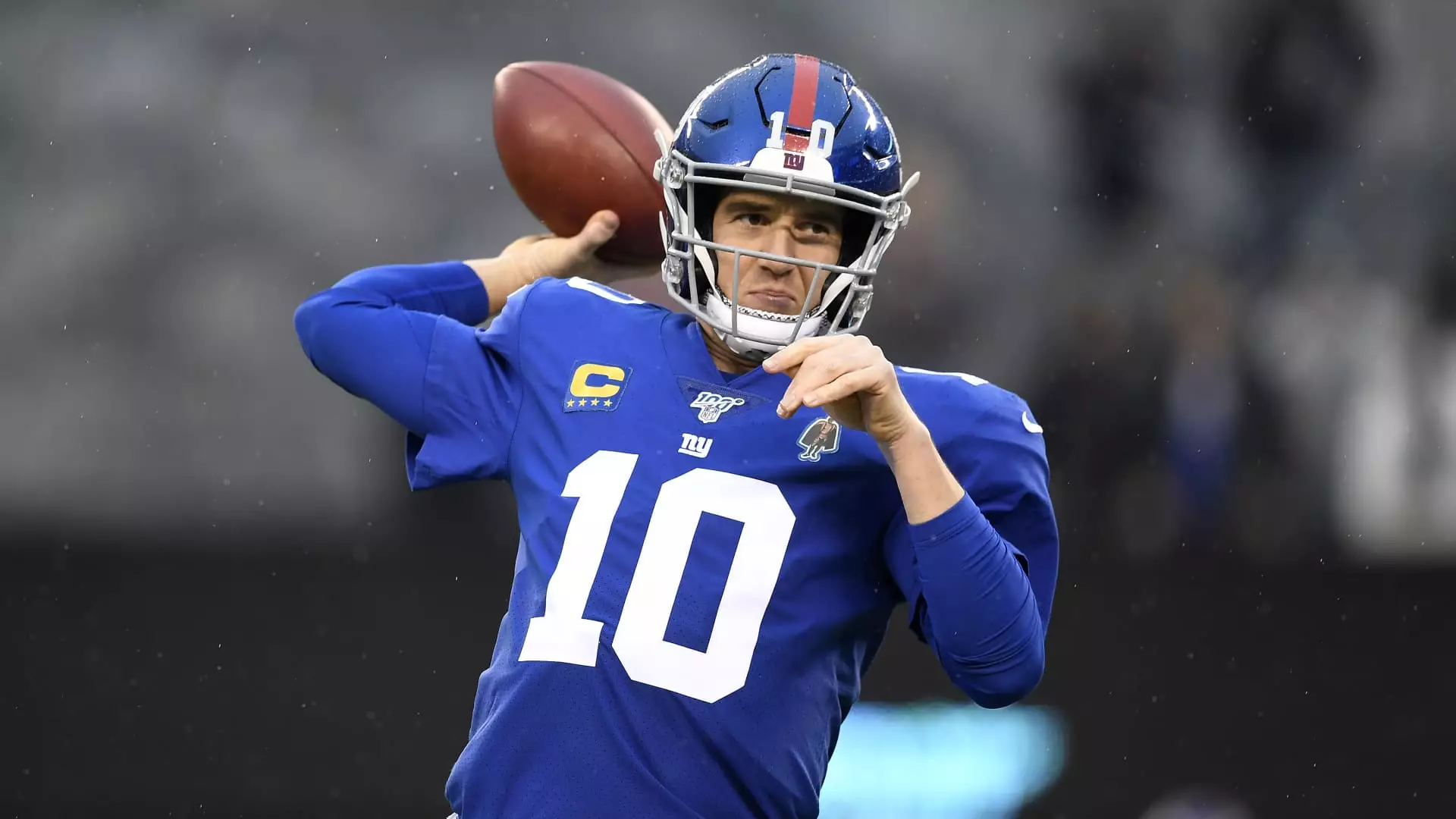Eli Manning’s recent declaration that he has been “priced out” of buying a stake in the New York Giants underscores a profound transformation in the landscape of professional sports ownership. The notion that a 1% share could cost a staggering $10 billion reveals an unsettling reality: the value of NFL franchises has skyrocketed beyond the reach of even the most successful former players. This isn’t merely about market appreciation; it signals a shift toward an elite, almost inaccessible class of investors who see teams not just as sports franchises, but as lucrative assets and status symbols. Manning’s candid admission exposes the widening gap between the traditional working-class appeal of the NFL and its current status as a playground for billionaires and hedge funds. Such inflated valuations threaten to diminish the league’s appeal to everyday investors or former players like Manning, who once saw team ownership as a tangible way to stay connected to their roots.
The Commercialization of Football and Its Impact on Ownership Accessibility
The hyperinflation of NFL valuations calls into question the league’s future as a democratic institution rooted in local community and player engagement. While franchises like the Giants or 49ers have historically been family-owned and community-oriented, recent high-profile sales and valuations indicate a move toward globalized investment strategies. The likes of private equity firms and billionaires now dominate ownership conversations, leaving behind those with genuine roots and vested interests in the sport’s cultural significance. Manning’s refusal to join this elite club highlights a broader disconnect between the league’s commercialization and the values of players and fans who see themselves as part of football’s tradition. Moreover, his point about conflicts of interest—be it due to his broadcasting commitments or relationships with former teammates—illustrates how the pursuit of ownership as a business can conflict with the personal identities and loyalties that once defined NFL icons.
The Changing Economic Dynamics and Their Cultural Consequences
The recent surge in valuations is not merely a coincidence but a reflection of a broader economic shift. The NFL, once a modest regional enterprise, has become a global entertainment powerhouse, with media rights deals and international markets fueling the exponential increase in franchise value. The sale of the Lakers at a $10 billion valuation, surpassing the team’s previous worth, epitomizes the league’s transformation into a high-stakes investment arena. For former athletes like Manning, who earned hundreds of millions during their careers, this inflation makes ownership seem less an attainable goal and more an exclusive club reserved for the ultra-wealthy. This trend could alienate the passionate core of the sport—those who have historically loved the game for its accessibility and local flavor. By pricing out former players and small investors, the NFL risks diluting its cultural authenticity and turning its teams into symbols of financial power rather than communal legacies.
Ownership as a Reflection of Power and Prestige
When billionaires and private equity firms leverage their financial muscle to acquire stakes in sports institutions, they do so not merely to profit but to wield influence and prestige. Manning’s assertion that he does not wish to pursue a stake because of the $10 billion valuation reflects an underlying notion: ownership of an NFL team has become a symbol of financial dominance, a status symbol more than a community asset. The newly permitted stakes for private equity firms up to 10% accentuate this trend; ownership becomes less about passion and more about strategic positioning. For Manning, a symbol of the league’s early human stories, this shift offers a stark contrast: the league’s evolution from a sport rooted in local communities and player loyalty to a game driven by high finance and global markets. His decision to abstain from ownership ambitions underscores the growing divide between those who see football as a heritage and those who view it as a lucrative investment, highlighting a future where real sport might increasingly be overshadowed by corporate interests.
The Future of NFL Ownership: An Elite Monopoly or a Return to Roots?
The change in NFL ownership dynamics raises the question of whether this trajectory favors an exclusive economic aristocracy or if there’s room for a return to more inclusive holdings. Manning’s stance—being priced out and choosing to remain an observer—mirrors a broader anxiety about the future of the league. While the influx of private equity and billionaire investors may bolster valuations, it risks alienating the very core that sustains the sport’s cultural relevance. For the NFL to maintain its identity, perhaps its leadership must reconsider its valuation strategies and ownership policies—balancing profitability with accessibility. Without this recalibration, football risks becoming another elite asset, diminishing its role as America’s game and its connection to the broader society that has long admired it. Eli Manning’s withdrawal from ownership ambitions isn’t just a personal choice; it’s a reflection of a decisive cultural shift that could redefine the identity of professional football for generations to come.

